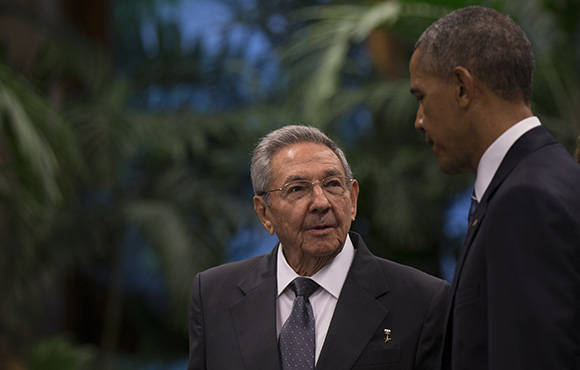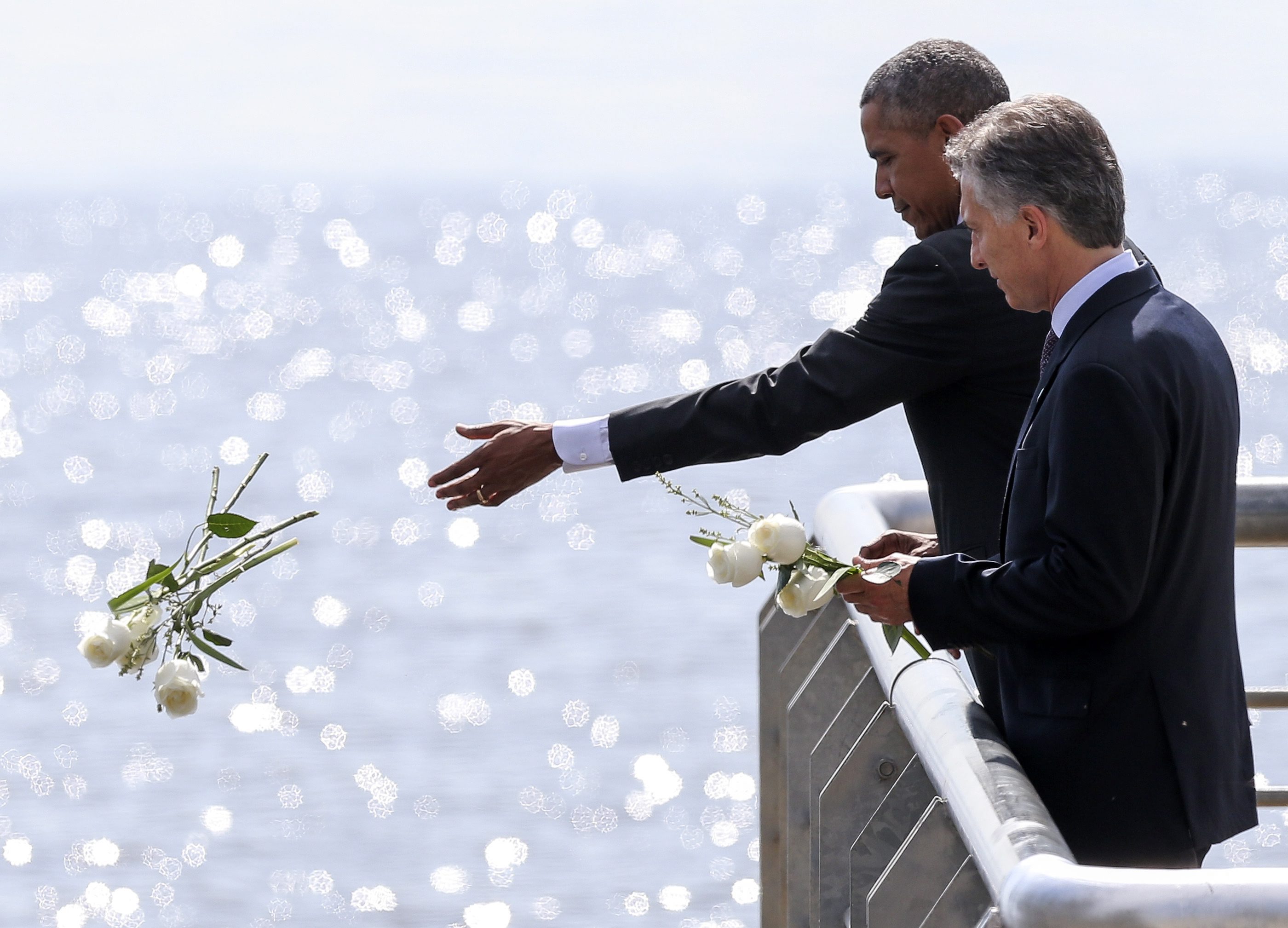
Guarding against Lone Wolf Operations Still a Challenge for Ubiquitous American Counterterrorism Measures
An investigation by the U.S. Federal Bureau of Investigation, the Department of Homeland Security and other agencies advised that airports, subway stops, rail cars, large sporting events, concerts, malls and other crowded places are all possible targets of terror attacks.
In both the November 2015 Paris attacks and the suicide bombings in Brussels, Belgium, terrorists selected concert halls, restaurants, airports and subways, confirming the American assessment.
American security experts believe that in addition to intelligence lapses, the insufficiently policed distances between the parking lots and counters of European airports are what gave bombers the opportunity to push their heavy luggage into the customs hall.
Specialists argue that irregular police patrols are still effective in stopping terror attacks, to a certain extent. Checkpoints at crowd entry and exit areas, safety fences and barriers, and a prohibition on carrying large and overweight luggage in and out are all measures that can guard against bombings.
The airports and subways in American metropolitan areas like New York and Washington all have basic security installations. When crowds enter and exit sports events or concerts, they need to go through security checks. These measures create an inconvenience for the people, and may raise transportation costs, but American society is already accustomed to these omnipresent counterterrorism safety considerations.
But the American people still ask, could a large-scale group attack like those in Europe be repeated on American soil? The April 2013 Boston Marathon bombings and the December 2015 San Bernardino shooting were both attacks influenced by terrorist ideologies. While the FBI monitors suspicious Internet and cellphone activity, it is still a challenge to prevent these lone wolf types of attacks.
In the eyes of European nations, American counterterrorism measures are suspect, viewed as possible violations of privacy and human rights. However, after numerous major fatal attacks many members of the U.S. Congress have called on European countries to adopt similar standards and to implement practical counterterrorism measures and intelligence sharing.
Most importantly, the populace must also raise its own level of alertness, or else nothing can be prevented.
American subways, train stations and airports all continuously call on travelers to immediately report any suspicious activities or luggage to the police and safety authorities. Airlines discourage passengers from bringing oversized baggage into the airport. These are all ways to prevent terrorist attacks.


